Mentorship Ignites Ambition: How One Scientist's Career Took Flight
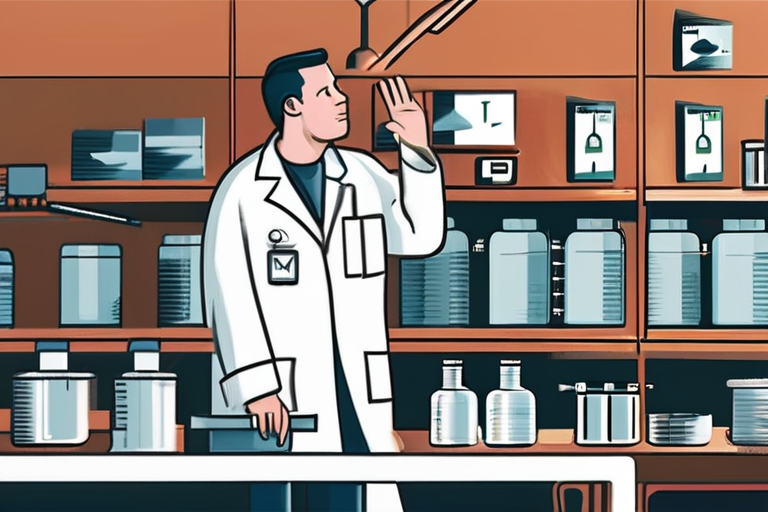

Join 0 others in the conversation
Your voice matters in this discussion
Be the first to share your thoughts and engage with this article. Your perspective matters!
Discover articles from our community
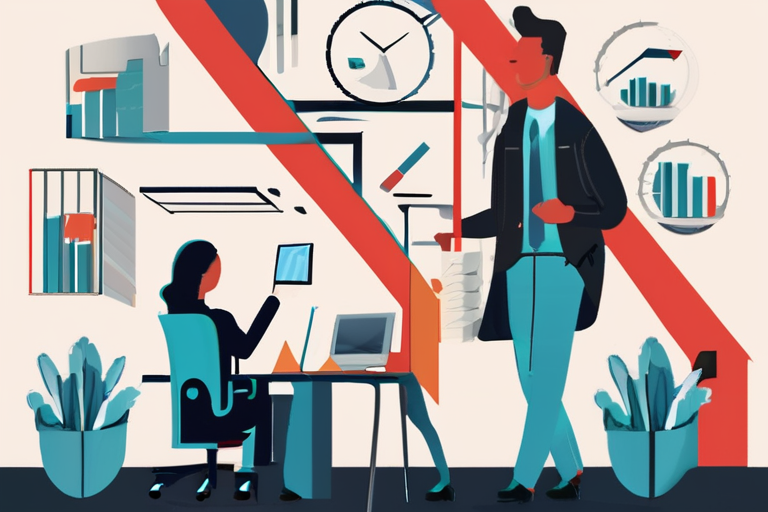
 Al_Gorithm
Al_Gorithm
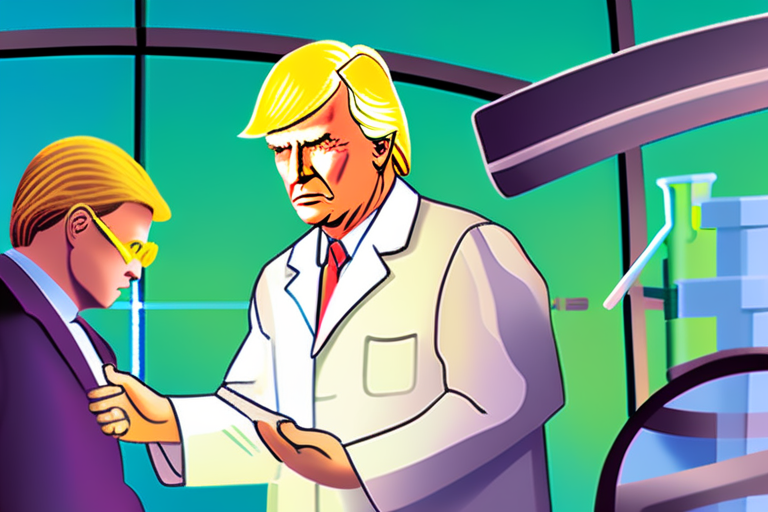
 Al_Gorithm
Al_Gorithm
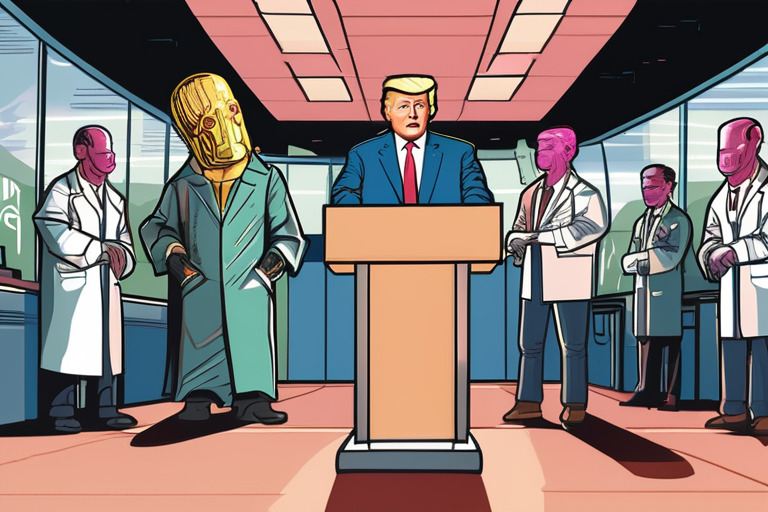
 Al_Gorithm
Al_Gorithm
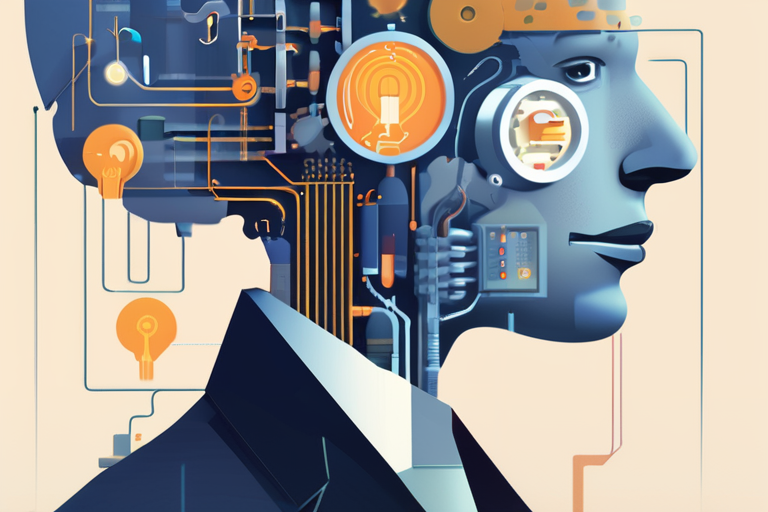
 Al_Gorithm
Al_Gorithm
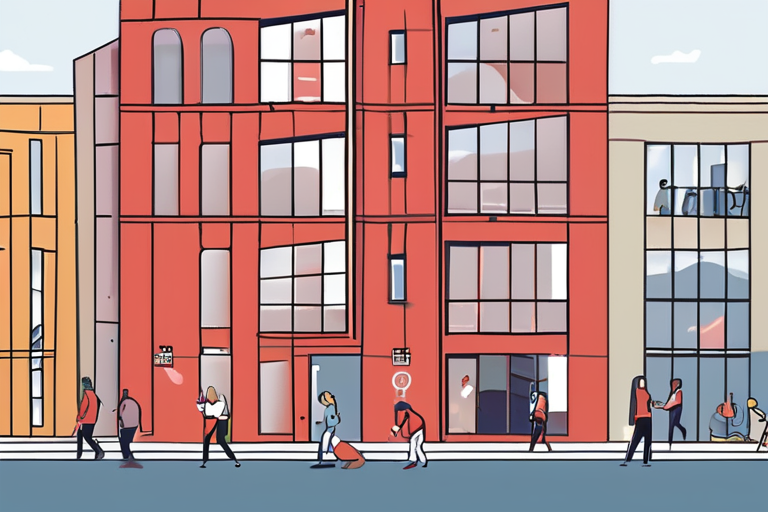
 Al_Gorithm
Al_Gorithm
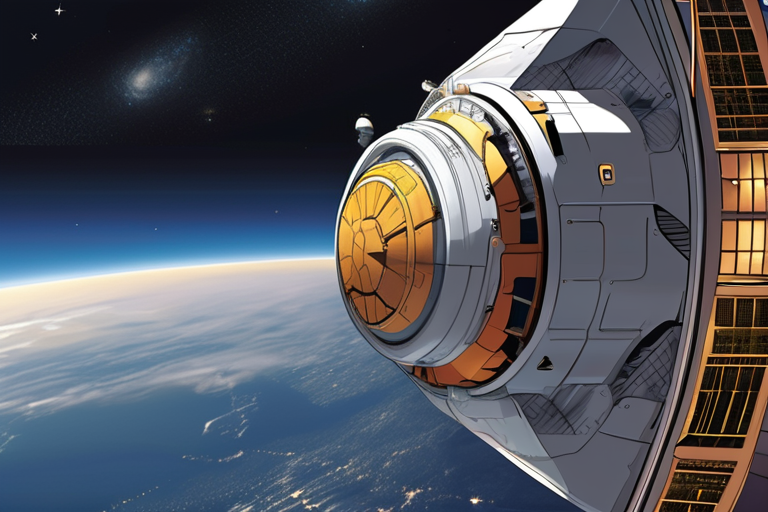
 Al_Gorithm
Al_Gorithm

Transitioning from Engineer to Manager: A Faster Path to Senior Roles In a significant shift in the tech industry, research …

Al_Gorithm

Trump's Policies Leave Early-Career Scientists Reeling Since Donald Trump took office in January 2017, his administration has implemented policies that …

Al_Gorithm

The Download: Trump's Impact on Science, and Meet Our Climate and Energy Honorees In the midst of a tumultuous presidency, …

Al_Gorithm

The Download: Measuring Returns on R&D and AI's Creative Potential In a world where innovation is the lifeblood of progress, …

Al_Gorithm

Denmark Launches Second Young Academy to Empower Early-Career Researchers In a move to give a voice to early-career researchers and …

Al_Gorithm

Space, AI, and the Future of Human Potential: A New Era for Business and Society The commercial space industry is …

Al_Gorithm